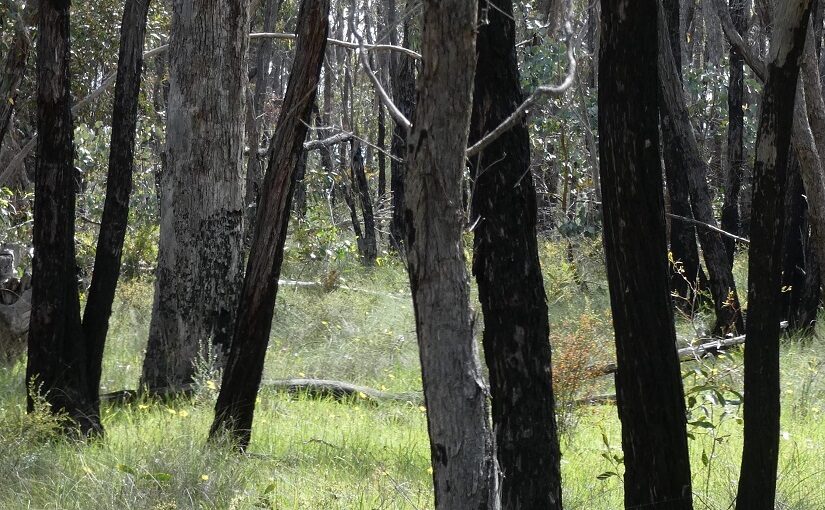Within our lives, aren’t we expected to understand quite a lot? For example, all the ways those lives intersect: our choices and actions rippling out from us into the collective systems and realities effectively governing everyone’s lives. If everything we’re doing forms part of this world we’re all sharing, creating consequences all round us, what difference does it make if we understand that or not?
It seems amazing how much and how quickly our lives have changed from relatively small-scale communities to large and inscrutable ones. Didn’t it used to be that people “would” understand their world? Systems and groupings having been small and transparent enough that those living within them would, naturally, “know” how things worked, who was involved and where impacts were felt. (Notes One)
Now, it seems so much is hidden from sight. Don’t we really have to “look” to wrap our head around how this modern world’s actually working? To see who owns what, how they’re operating, whose lives are affected, and the forces being unsettled or unleashed within the delicate fabric of each individual society or life.
Sometimes it seems impossible to understand; especially given all we have to deal with (Notes Two). Almost as if life’s become too complicated – on both systemic and practical levels – for people to find the time, mental bandwidth or courage to dig into the realities rapidly taking shape around them. Isn’t it easier and, perhaps, more pressing to simply get on with our lives and make the best of them?
Is it “enough” to go along with things, though? To resign ourselves to living lives we don’t quite understand; creating consequences we never imagined; playing parts in situations beyond our awareness. Can we really hope to claim we’re not responsible for all our lives are setting in motion? As if “they” are responsible by having presented us with the options. (Notes Three)
Within the marketplaces of modern life, however, aren’t “we” the ones bearing the burden of choice? Isn’t it for us to understand, see how it all comes together, and ensure our choices are the best they could be? This sense in which we have to keep pace with what’s going on – constantly stretching out our grasp of reality and where life’s heading – if we’re to hope to make the kinds of choices we’re prepared to stand by.
How are we to do that? How, in every possible area, are we to understand enough to make fully-informed, responsible decisions? If it’s not possible, are we to defer to others? Shifting responsibility for our choices onto the heads of experts, advisers or public opinion, as we go along with what we’re told or what everyone else seems to be doing.
Is that enough? Not to understand, but to be guided. If we’re not able to find the time or information needed to gain enough clarity to decide for ourselves which paths in life we want to put the weight of our participation behind, where’s all this likely to lead?
Notes and References:
Note 1: Connecting truthfully with life
Note 1: Understanding what we’re all part of
Note 1: Humans, tangled in these systems
Note 1: What does community mean?
Note 2: Life’s never been simpler…
Note 2: Overwhelm and resignation
Note 2: Understanding & staying informed
Note 2: “Paradox of Choice”
Note 3: Systems, their power, whose hands?
Note 3: All we concern ourselves with & encourage
Note 3: Will things change if we don’t make them?
Note 3: What we create by our presence
In all of this, aren’t we generally always facing up to The incredible responsibility of freedom?

